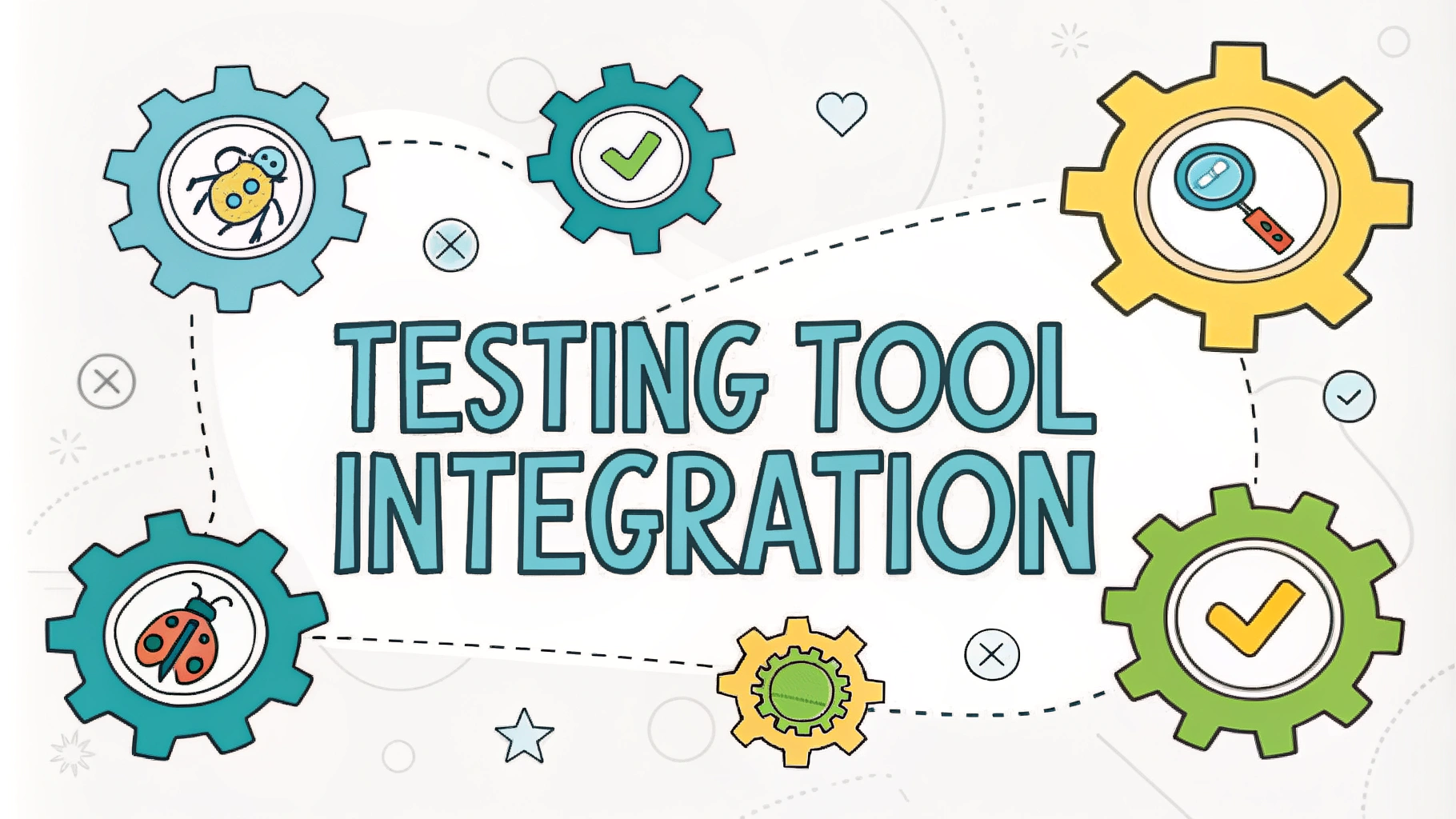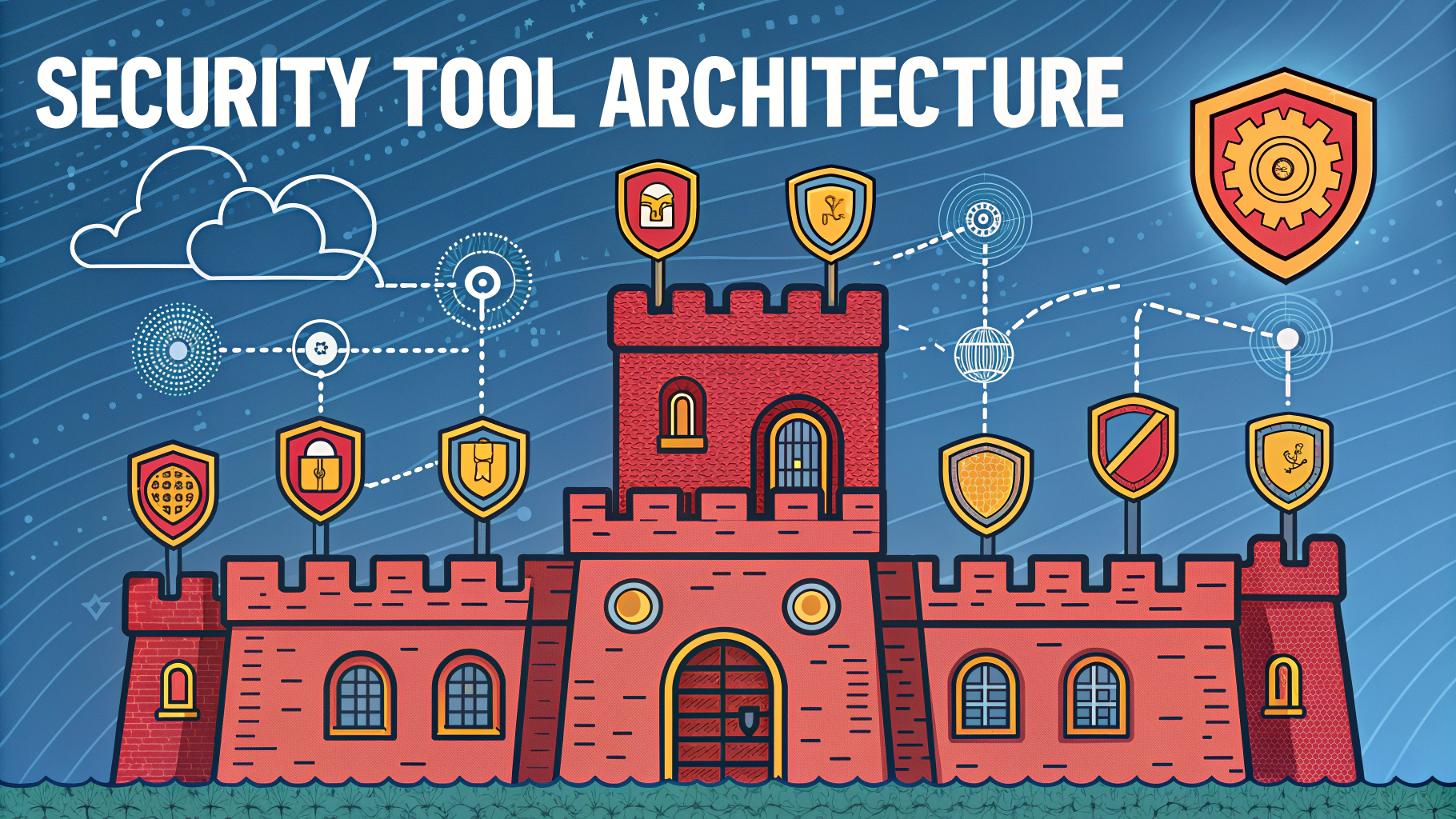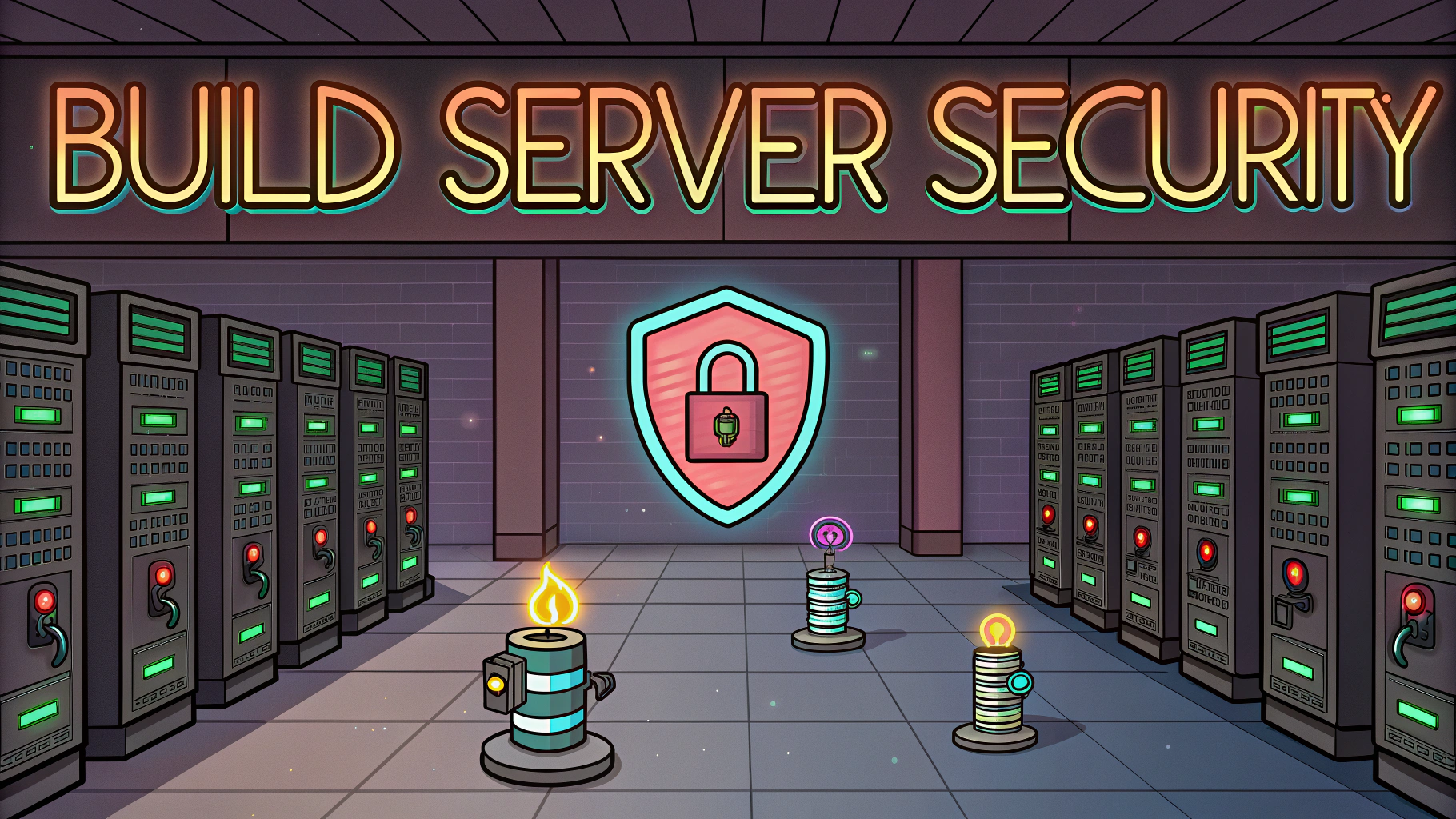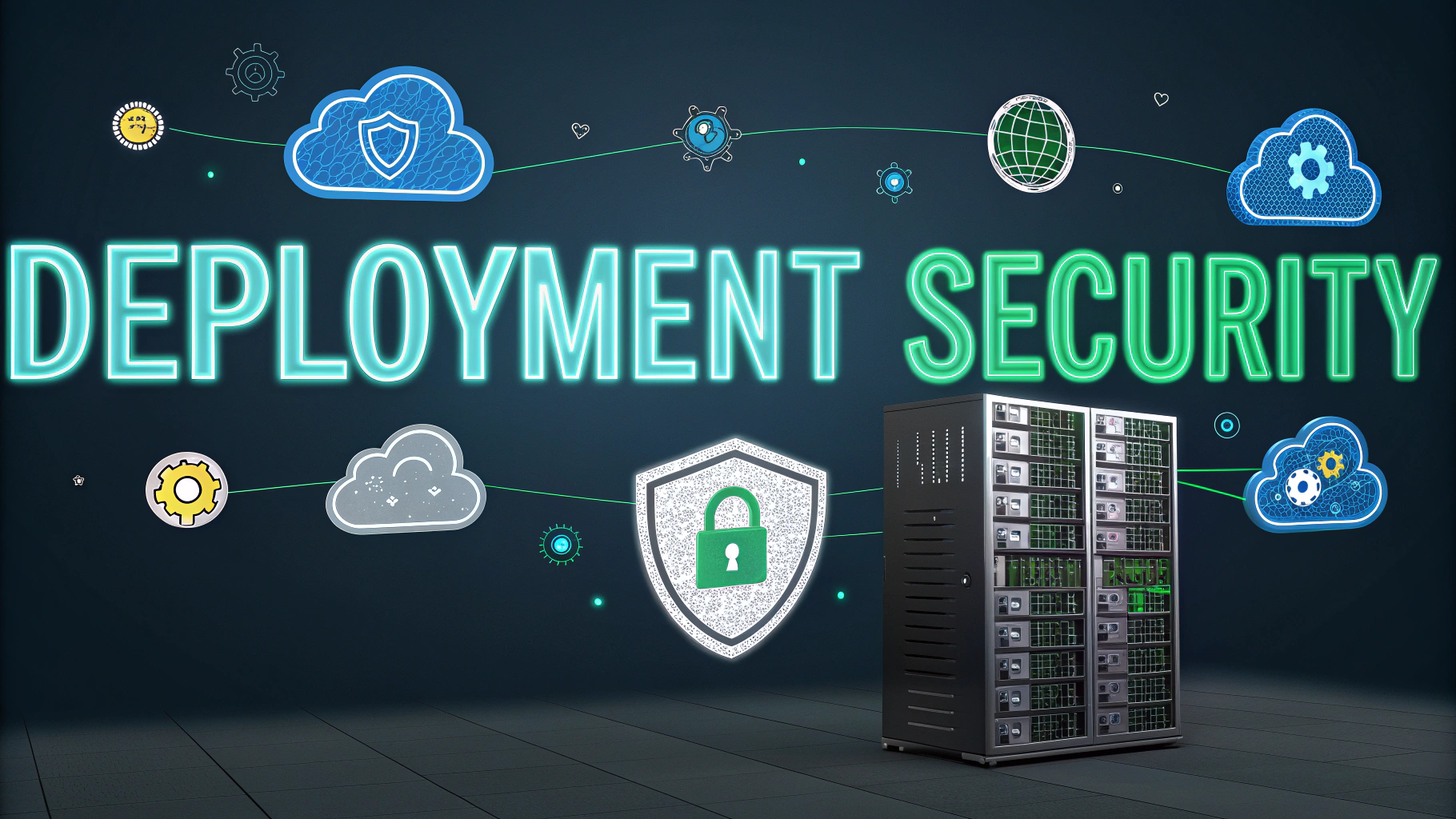The Certified Ethical Hacker (CEH) certification offers a structured path into professional penetration testing and cybersecurity.
This practical certification teaches you how to think like a hacker while staying within legal and ethical boundaries.
Following the CEH career path opens doors to roles in penetration testing, security analysis, and cybersecurity consulting.
CEH Certification Requirements
- 2+ years of information security experience
- Passing score on the CEH exam (125 questions, 4 hours)
- Training from an accredited EC-Council center or self-study with eligibility application
Core Skills Covered
- Network scanning and enumeration
- System hacking methodologies
- Web application security testing
- Wireless network security
- Social engineering techniques
- Malware analysis
Career Progression Path
| Level | Role | Average Salary (USD) |
|---|---|---|
| Entry | Junior Penetration Tester | $65,000 – $85,000 |
| Mid-Level | Security Analyst | $85,000 – $110,000 |
| Senior | Senior Penetration Tester | $110,000 – $150,000+ |
Recommended Study Resources
- Official Materials: EC-Council iLabs, CEH Handbook
- Practice Platforms: HackTheBox, TryHackMe, VulnHub
- Books: CEH v11 Certified Ethical Hacker Study Guide by Ric Messier
Essential Tools to Master
- Nmap: Network mapping and port scanning
- Metasploit: Penetration testing framework
- Wireshark: Network protocol analysis
- Burp Suite: Web application security testing
- John the Ripper: Password cracking
Preparing for Success
Set up a home lab using virtual machines to practice techniques safely and legally.
Join online communities like HackTheBox and TryHackMe for hands-on practice.
Network with professionals through LinkedIn and local security meetups.
Next Steps After CEH
- OSCP (Offensive Security Certified Professional)
- CISSP (Certified Information Systems Security Professional)
- CEH Practical (Hands-on extension of CEH)
- GPEN (GIAC Penetration Tester)
Building Your Career
Document your learning through a blog or GitHub repository to showcase your skills.
Participate in bug bounty programs to gain real-world experience.
Build a portfolio of projects and legal penetration testing reports.
Taking Your Skills Further
Contact EC-Council at support@eccouncil.org for detailed program information.
Join the official CEH community for networking and updates.
Industry Certifications Complementary to CEH
- CompTIA Security+: Foundational security concepts
- CCNA Security: Network security expertise
- AWS Security Specialty: Cloud security knowledge
- eLearnSecurity Junior Penetration Tester (eJPT): Entry-level pentesting
Professional Development Opportunities
- Speaking at security conferences
- Contributing to open-source security tools
- Mentoring junior security professionals
- Publishing security research papers
Specialization Paths
Web Application Security
- OWASP Top 10 vulnerabilities
- API security testing
- Client-side attack vectors
Network Security
- Advanced exploitation techniques
- Wireless network assessments
- IoT security testing
Maintaining Professional Growth
Stay current with emerging threats and countermeasures through continuous learning.
Engage in security challenges and capture-the-flag (CTF) competitions.
Develop automation skills to enhance testing efficiency.
Launching Your Ethical Hacking Journey
The CEH certification serves as a springboard into the cybersecurity industry, providing both theoretical knowledge and practical skills.
Focus on building a strong ethical foundation while developing technical expertise.
Remember that certification is just the beginning – continuous learning and practical application are key to long-term success in ethical hacking.
FAQs
- What is CEH (Certified Ethical Hacker) certification?
CEH is a professional certification offered by EC-Council that validates skills in ethical hacking, penetration testing, and information security assessment. - What are the prerequisites for CEH certification?
Candidates must have either two years of information security experience or complete an official EC-Council training program, and sign an agreement to follow the CEH code of ethics. - How long is the CEH certification valid?
The CEH certification is valid for three years. To maintain certification, professionals must earn 120 EC-Council Continuing Education (ECE) credits within this period. - What topics are covered in the CEH exam?
The exam covers footprinting, scanning, enumeration, system hacking, malware threats, sniffing, social engineering, denial-of-service attacks, session hijacking, web server hacking, wireless network hacking, and evading IDS systems. - What is the exam format for CEH?
The exam consists of 125 multiple-choice questions to be completed in 4 hours, with a passing score of 70%. - How does CEH certification help in a penetration testing career?
CEH certification demonstrates proficiency in ethical hacking methodologies, tools, and techniques, making it valuable for roles in penetration testing, security analysis, and information security consulting. - What tools do CEH professionals typically use?
CEH professionals use tools like Nmap, Wireshark, Metasploit, Burp Suite, John the Ripper, Nessus, and various other security testing and vulnerability assessment tools. - What career opportunities are available after obtaining CEH certification?
CEH certification holders can pursue roles such as Penetration Tester, Security Analyst, Security Consultant, Information Security Manager, and Security Engineer. - How much does the CEH certification cost?
The CEH exam voucher costs approximately $1,199 USD, with additional costs for training materials and courses if needed. - What is the difference between CEH Practical and CEH theoretical exam?
The CEH theoretical exam tests knowledge through multiple-choice questions, while CEH Practical is a 6-hour hands-on exam where candidates must demonstrate their hacking skills in a live network environment.







